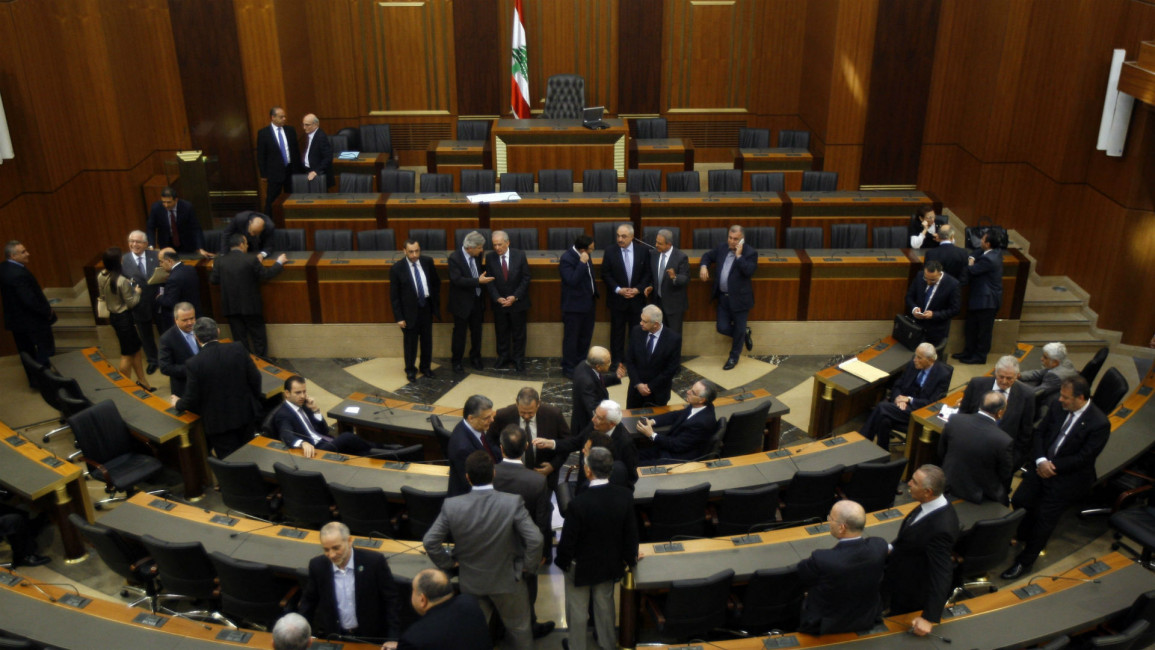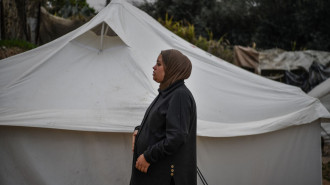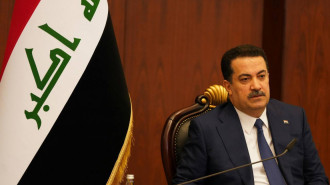Lebanon hasn't delivered on long-awaited rights reforms: HRW
“Lebanon’s new parliament has not delivered on long-awaited rights reforms, and the human rights situation in the country is stagnating,” said Lama Fakih, deputy Middle East director at Human Rights Watch. “In 2019, parliament should commit to passing critical legislation to improve Lebanon’s human rights record.”
The 674-page HRW report noted no change in the status of women in Lebanon, which it said are “systematically discriminated against under Lebanese law” and inadequately protected from discrimination and violence.
Lebanon’s 15 religious personal status laws discriminate against women and deny them basic rights in marriage, divorce, and inheritance. Unlike their counterparts, Lebanese women cannot pass on their nationality to their children and foreign spouses. Meanwhile, child marriage and marital rape remain legal in the country.
The report also highlighted the plight of some 250,000 migrant domestic workers in the country who are excluded from labour law protections and are at risk of exploitation and abuse. “Lebanon is now only one of two major-destination countries for migrant domestic workers in the Middle East without labour law protections for domestic workers,” HRW said.
Article 534 of the penal code, which punishes “any sexual intercourse contrary to the order of nature” with up to one year in prison despite a groundbreaking ruling by a district court of appeal that consensual sex between people of the same sex is not unlawful, remained unchanged.
The law was used to ban Beirut Price and raid a confers on the rights of lesbian, gay, bisexual and transgender [LGBT] people in Lebanon.
The report also highlighted the cases of those detained and charged for criticising officials, particularly on social media, noting the criminal defamation laws threaten freedom of speech and opinion. One of the cases mentioned involved a prominent actor who was falsely accused of spying for Israel and accused authorities of torturing him at an unofficial detention centre. “
A military judge closed the case against him in May, failing to follow procedures set out in the 2017 anti-torture law, which should have resulted in an investigation,” HRW said, pointing out that the country has failed to establish a national system to monitor and investigate the use of torture, following passage of a law in 2016 to create such a system.
Despite the failings, HRW praised Lebanon’s positive step in endorsing a landmark law creating an independent national commission to investigate the fate of the estimated 17,000 people kidnapped or “disappeared” during the country’s 1975 - 1990 civil war.
The global rights group also commended parliament for passing a national solid waste management law in September.
Follow us on Twitter: @The_NewArab







 Follow the Middle East's top stories in English at The New Arab on Google News
Follow the Middle East's top stories in English at The New Arab on Google News


